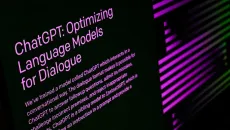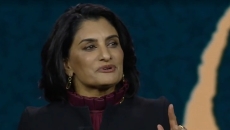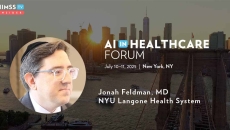Artificial Intelligence
The U.S. Department of Health and Human Services is said to be encouraging the use of generative artificial intelligence across the department and has provided login access to OpenAI's large language model tool.
Also, healthcare workforce licensing has gone online in Indonesia.
Data from over 20,000 seniors was examined using machine learning to identify acute risk factors.
The deep learning-based model was trained on data collected from nearly 15,000 patients.
Sharing data is just the beginning of what artificial intelligence can do for healthcare, said Seema Verma, GM of Oracle Health and Life Sciences, at the company's annual summit.
The region tightens rules while promoting commercialisation.
Dr. Ty Gluckman, one of a team of hundreds of board-certified physicians who help with the evidence-based care standard of one vendor's clinical analytics system, offers some insights, as a practicing physician, into these IT imperatives.
Dr. Jonah Feldman, medical director for clinical transformation and informatics at NYU Langone, talks about how AI agents can expand physicians' capabilities, allowing them to be more focused on care delivery.
AEquity aims to improve training for healthcare machine-learning algorithms by assessing the accuracy and fairness of the data they're fed.




